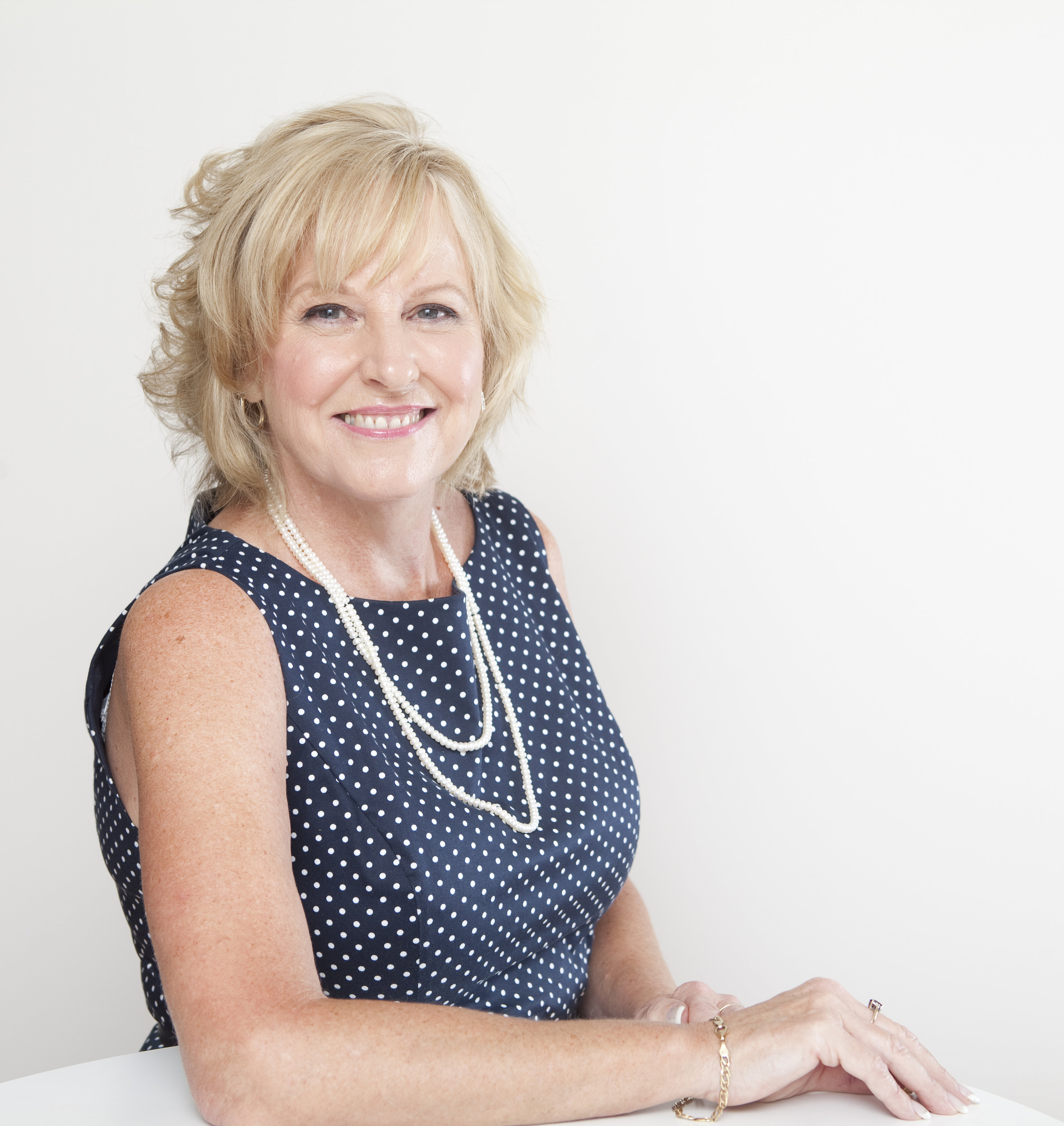IS A HOME A GOOD INVESTMENT?
For those wanting a steady return on their money, houses can be a sure bet. When the baby boomers started madly buying houses in the 1980s, suddenly real estate seemed like the path to instant wealth. The real estate markets fluctuate constantly. There have been times when house prices have gone down. However if you look at the overall price of homes in your area over the last 10 years, in most cases, (depending on your region) prices have risen.
Where is the housing market headed? Nobody can accurately predict. But even if house prices don't rise phenomenally, a home has two strong things going for it as an investment. First, any capital gains on your principal residence are tax-free. If your house appreciates by 6 per cent, you get to keep every cent of your gains.
Now 6 per cent may not sound like much, but in terms of how much you end up with, you'd have to earn as much as 12 per cent on a fixed-income investment such as a GIC to match that return, after tax.
Second, you don't have to come up with the full purchase price, meaning you're able to harness leverage. The conventional mortgages require a down payment of 25 per cent of a house's appraised value. Where as the High Ratio Mortgage, requires only 5% down payment.
For example, if you buy a $200,000 home, you need to come up with around $50,000 for a conventional mortgage. If the home's value rises to $220,000, that's an increase of 10 per cent. But what's really happened is you've put up $50,000, and made $20,000. Your real gross return on your invested funds is around 40 per cent. But notice the word “gross”. Don't forget that your real return will be less.
Buying a home and having a mortgage is also a tremendously powerful forced savings program.
Nancy Dressel
Phone: 905 430-2320
Mobile: 905 404-3487
Toll Free: 888 430-2320
Fax: 905 430-2301
Email
Phone: 905 430-2320
Mobile: 905 404-3487
Toll Free: 888 430-2320
Fax: 905 430-2301
